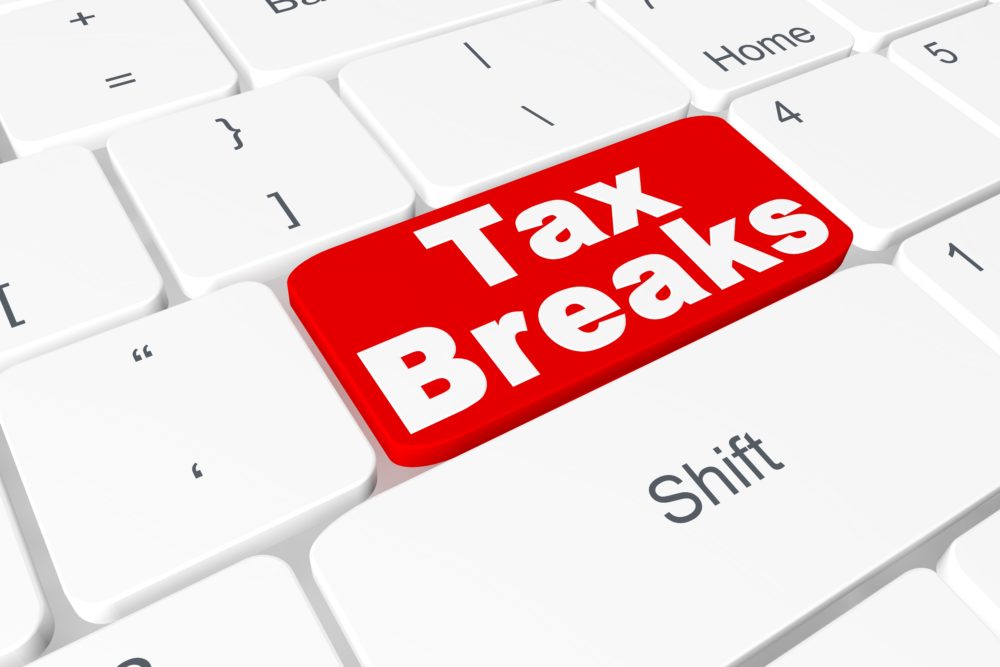Improving a company’s tax efficiency is a sensible step for any business owner to take. To help make sure you’re not missing out on money that’s rightfully yours, we’ve compiled a list of five must-know tax breaks.
- Value Added Tax (VAT) overview
Businesses that turnover £85,000+ over 12 months are required to register for VAT. You can, however, voluntarily sign up for VAT even if your company doesn’t currently meet or exceed this threshold.
After signing up, your company is legally required to charge VAT on all goods and services. You can then reclaim that VAT when completing your tax return.
Benefits:
- VAT-registered companies can claim back output tax on goods or services brought through the company
- They can also re-claim on input tax that been charged to them by another company
- Any VAT claim can be backdated by up to four years, allowing the business to receive one large lump sum payment
- A VAT registration number can help build brand integrity
- Research and Development (R&D) Tax Credits overview
Any company developing new technology can legally apply for R&D tax credits. Loss-making small and medium-sized enterprises (SMEs) can claim up to 33.35% back on R&D expenditure. Profit-making SMEs can claim 26% back. Corporations with 500 or more staff are also eligible but only allowed to apply for a smaller credit amount (11%).
To be granted R&D tax credits, your company must have looked for or achieved an advancement in science and technology that another professional couldn’t have easily solved. It also needs to meet the criteria of attempting to or successfully overcoming uncertainty.
Benefits:
- R&D tax credits reduce the financial risk of investing in new and unproven technology
- The credits help level the playing field between small and large businesses
- Enterprise Investment Scheme (EIS) overview
The EIS is designed to help UK-based businesses raise finance through external investment. Only companies that have been in business between two and seven years can apply for the scheme. Even then, you will not be eligible to apply if your business is registered on a recognised stock exchange.
In a nutshell, the scheme ensures that eligible businesses can offer investors 30% tax relief on investments up to £1,000,000.
Benefits:
- The scheme can help make start-up businesses more attractive to investors
- It allows companies to raise more funds than they perhaps otherwise would have been capable of
- Enhanced Capital Allowance (ECA) overview
The ECA scheme is designed to help businesses improve their green credentials through improved technology. It allows you to buy products that are found on the Energy Technology List (ETL) – such as machinery or vehicles – for free by deducting the cost against your taxable profits.
There are, understandably, some strict guidelines that companies must follow to be eligible for the scheme. For starters, the product must be brought, not leased. It also doesn’t apply to buildings, land or any form of structure.
Benefits:
- The scheme allows companies to inwardly invest without additional spending
- Every product included in the scheme is energy-efficient, which promises reduced utility bills
- Companies with eco-friendly credentials are viewed positively by consumers
- Travel Expenses overview
Both company owners and employees are eligible to claim back tax costs on expenses relating to business travel outside of a normal working commute. The deduction can only be claimed on an expense that is deemed necessary for a business. In real-world terms, this simply means that you may be asked to prove that the expense relates to business rather than a leisure activity.
Some examples of what you can claim tax back on include hotels, taxis/bus/train fares, laundry, car parking, meals, car hire and phone bills.
Benefits:
- Winning or sustaining custom is made more affordable thanks to travel expenses
- Any company, irrespective of its size, can claim







